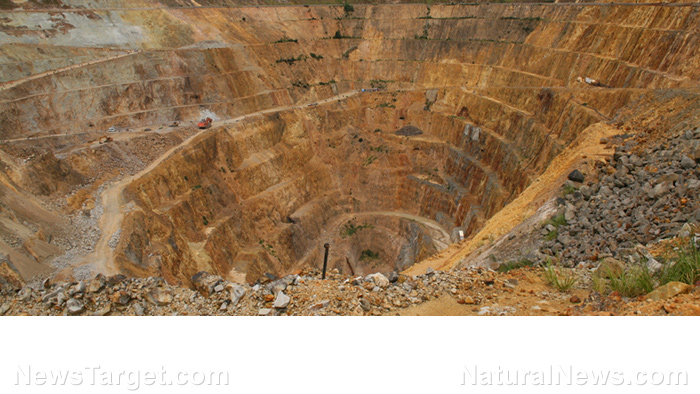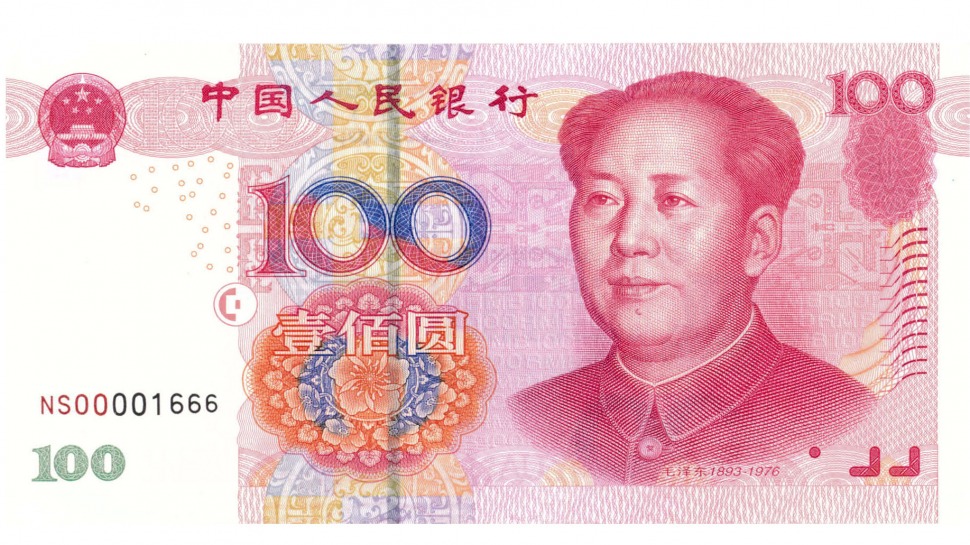
A group of lawmakers from Texas has introduced a bill that aims to minimize the United States’ dependence on rare-earth minerals from China.
Texas representatives Lance Gooden and Vicente Gonzales introduced the bill, named the Reclaiming American Rare Earths (RARE) Act, to the House of Representatives. Under the proposed bill, tax incentives would be provided to companies who mine, reclaim and recycle metals and critical minerals from U.S. deposits. Five other Texan lawmakers were listed as the bill’s co-sponsors. Sen. Ted Cruz, who introduced the similar Onshoring Rare Earths (ORE) Act in May, expressed his support for the RARE Act.
Rare earth metals refer to 17 elements on the periodic table used to manufacture everyday electronics such as computers, batteries and digital cameras. These elements also see use in the manufacture of military and defense products such as night-vision goggles, armored vehicles, and communications equipment. The Department of Interior released a list of 35 critical minerals essential to the U.S.’s economic and national security in May 2018, with a number of rare earth minerals included.
If the bill is approved, tax incentives that await rare earth mining companies include reduced tax rates on properties used for mining activities and reduced tax rates for individuals who buy materials extracted in the U.S. Furthermore, it would require the Secretary of the Interior to establish a grant program financing projects for the development of rare earth mining industries – including $50 million to be budgeted for each of the fiscal years from 2021 to 2024.
In a statement published on his website, Rep. Gooden said that the RARE Act will ensure “resource independence” the U.S. needs to cement its leadership when it comes to 21st-century technologies. Rep. Gonzalez agreed, saying that the bill allows the U.S. to develop a reliable domestic supply of rare earth elements and other critical elements it needs.
Sen. Cruz mentioned in the same statement that an “all of the above” approach is necessary to ensure the entire supply chain for rare earth minerals is located in the U.S., adding that he felt proud to lead this effort alongside Rep. Gooden.
China’s stranglehold on rare earth minerals is nearing its end, thanks to the RARE Act
Sen. Cruz warned that the country’s dependence on China for rare earth elements was “deeply troubling” and put the nation’s ability to manufacture defense technologies and support the military in danger. Referencing the 2018 list released by the Department of Interior, Rep. Gooden added that China was a leading supplier for 22 of the 35 elements listed.
USA Rare Earth CEO Pini Althaus hailed the bill’s introduction in a statement, further adding that U.S. dependence on rare earths and other critical minerals from other countries poses a serious risk to the economy and national security. He added that China has understood how billions of dollars' worth of rare earths equates into trillions of dollars of finished goods and hundreds of thousands of jobs, prompting it to solidify its stranglehold of the critical mineral supply chain.
Althaus’ company USA Rare Earth is developing the Round Top mountain deposit in Texas, which contains 16 rare earth elements and other critical minerals. This was another reason for him to laud the bill as it will facilitate the Round Top mountain project and other similar projects in ensuring resource independence from China.
The call to reduce dependence on Chinese rare earth imports can be dated back to the time of former President Barack Obama, with no outcome whatsoever. It was only during the term of President Donald Trump that concrete steps to wean off the U.S. from Chinese rare earths were taken, with his administration emphasizing that the “days of American passivity” under previous presidents are now over. The imposition of tariffs on Chinese goods was only one of many moves done by the U.S. as part of its more aggressive approach towards China.
On the other hand, China has threatened to ban exportation of its rare earth minerals in response to Trump’s tariffs. The RARE Act aims to address this problem by ensuring that the U.S. can source rare earth minerals domestically, rendering any export ban on critical minerals meaningless.
Find out more about the RARE Act and other similar actions to reduce U.S. independence on imported raw materials at NationalDebt.news.
Sources include:
Please contact us for more information.




















